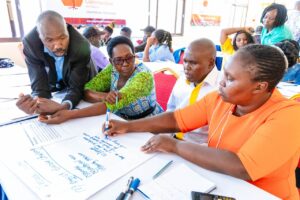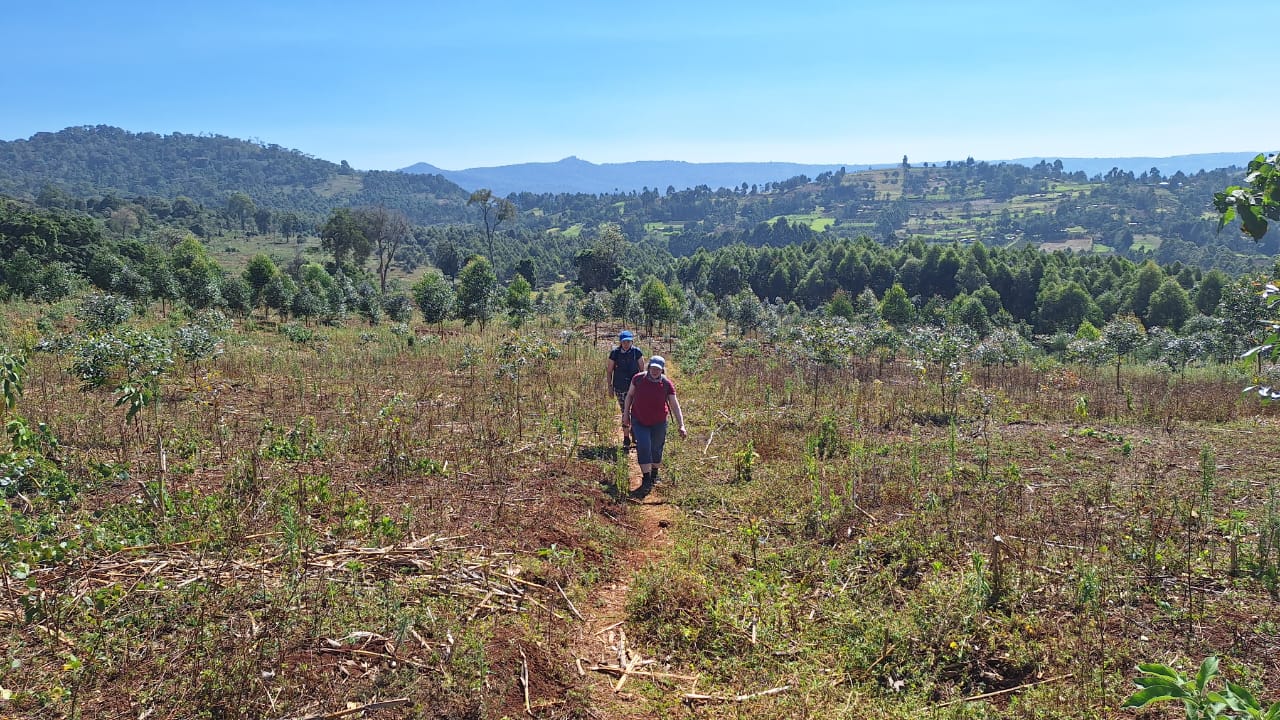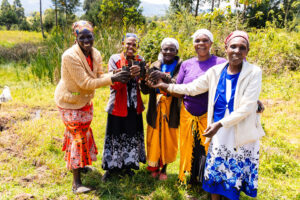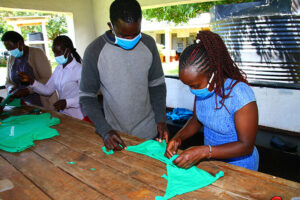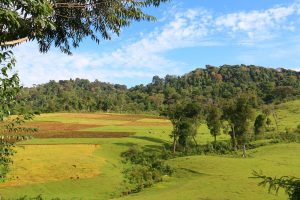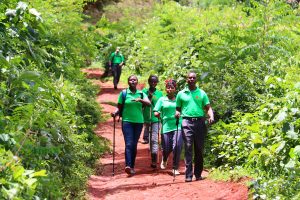Welcome to our journey toward building resilient communities in the face of climate change. In this blog, our operations manager, Rose Hennessy, shares insights from a recent visit to Kenya, where she witnessed both the harsh realities of a changing climate and the inspiring strength of local communities. In a world where climate change not only disrupts weather patterns but also deepens social inequities, the fight for climate justice has never been more urgent. Join us as we explore how local voices are demanding climate justice and transforming challenges into hope.
“On my recent visit to Kenya, I witnessed first-hand how vulnerable communities are bearing the brunt of a crisis they contributed little to yet face the most severe consequences. In this blog, I share stories of resilience—from families battling unpredictable rains to families struggling with water scarcity—and introduce community-led initiatives that are forging paths toward sustainable, just futures.
Everyone is busy preparing their ground for planting of the annual maize crop while they wait for the rains to come. Getting the timing right is crucial – plant when the rains come and hope for good rains to follow so the crop will grow and thrive. But with climate change rainfall is unpredictable with extremes of longer dry seasons, flooding and soil erosion.
It was shocking to hear what the biggest climate challenges are for the people we work with – landslides due to too much rain which have swept away households, crops, toilets; families displaced when their homes and livelihoods are washed away; outbreak of disease such as cholera due to excess rain; flooding that has broken bridges and cut off access to villages; soil erosion; drought destroying crops of maize, coffee, tea, tomatoes that take away livelihoods; kitchen vegetable gardens destroyed by extremes of drought and floods leading to food shortages; scarcity of water for the household; malnutrition when families don’t have access to a balanced diet.
The most shocking is the impact on family life. The work load on women is extreme and when their local water source goes dry they can spend the best part of the day walking to find water for the household. The most they can carry is 20 ltr which doesn’t go far enough for cooking, cleaning and bathing. Tensions and stress lead to family break ups, disputes and gender based violence. Children are forced to abandon school to support their overburdened mothers, robbing them of the education that could secure their futures and break the poverty cycle. This is an impossible dilemma, a no-win scenario, profoundly unjust and one that no family should be forced into.
Community-led solutions are the cornerstone of building resilience. I was witness to an out pouring of enthusiasm, commitment and support for the launch of our new Climate Change Ambassadors programme. This initiative empowers local volunteers with the skills and knowledge they need to lead climate action in their own homes and neighbourhoods. With a swift and heartfelt response, community members eagerly came forward without hesitation to sign up for the training programme and confront climate challenges head-on.
